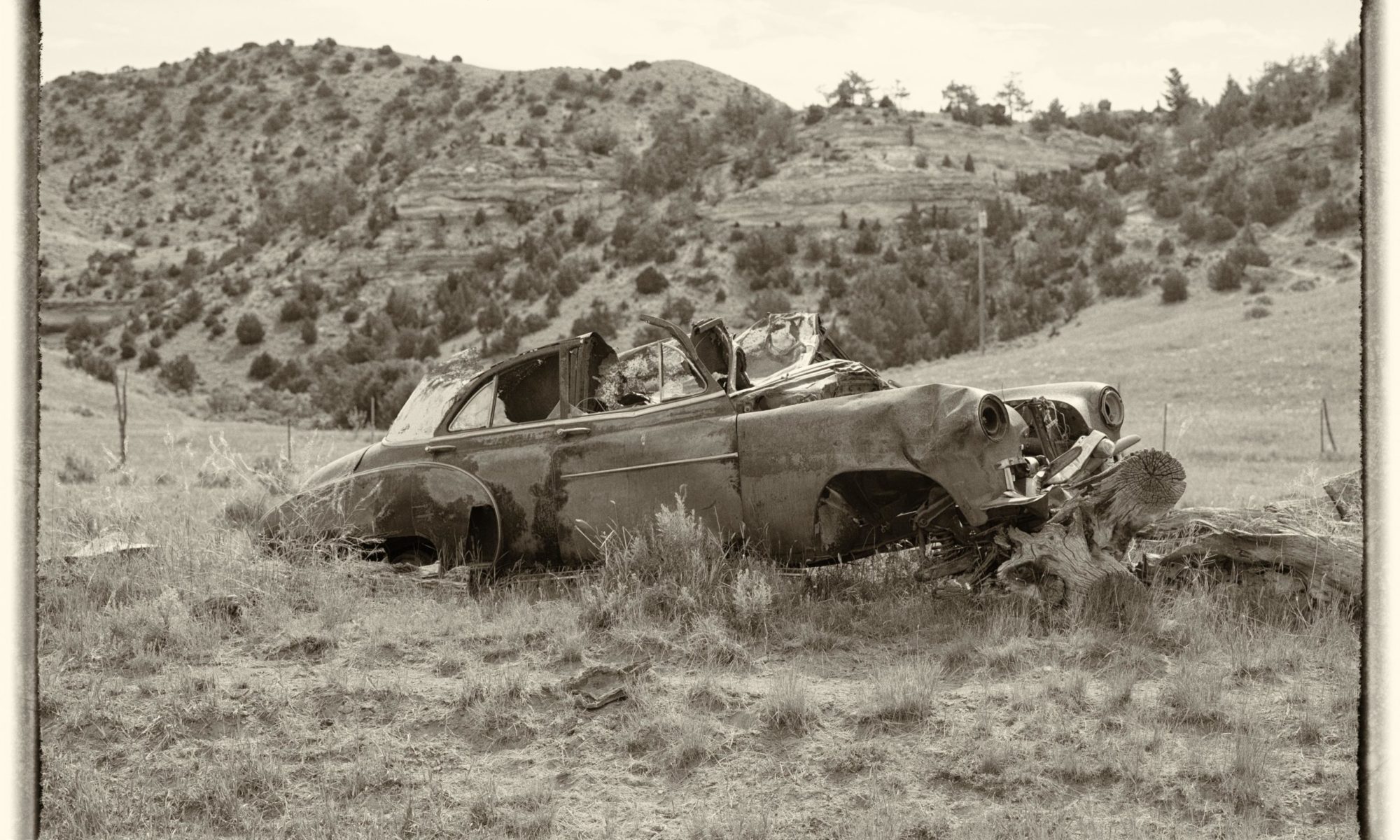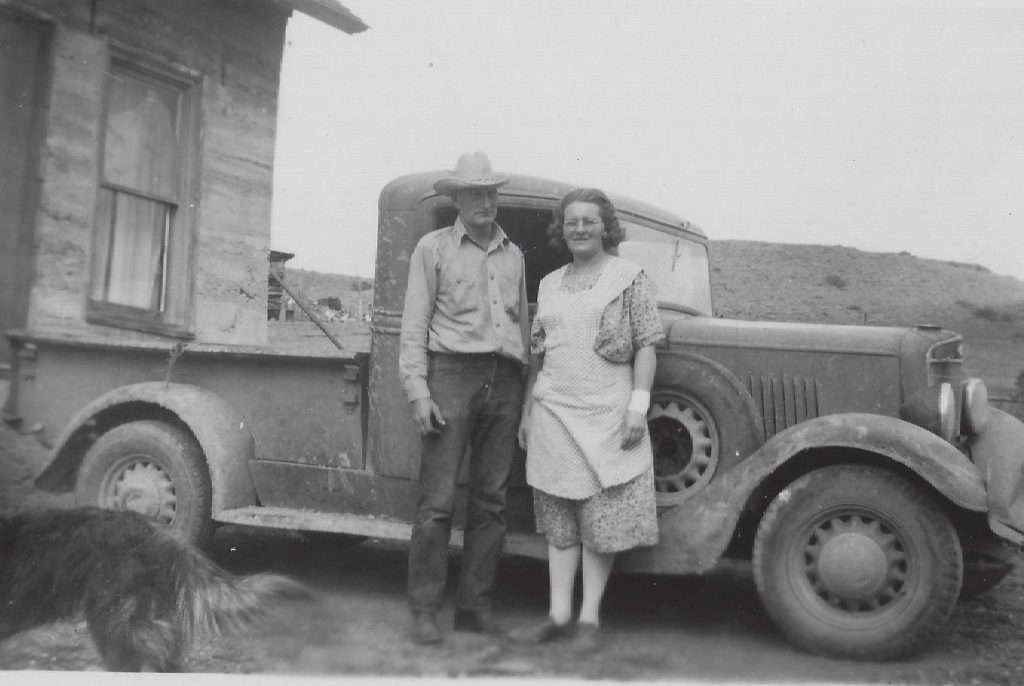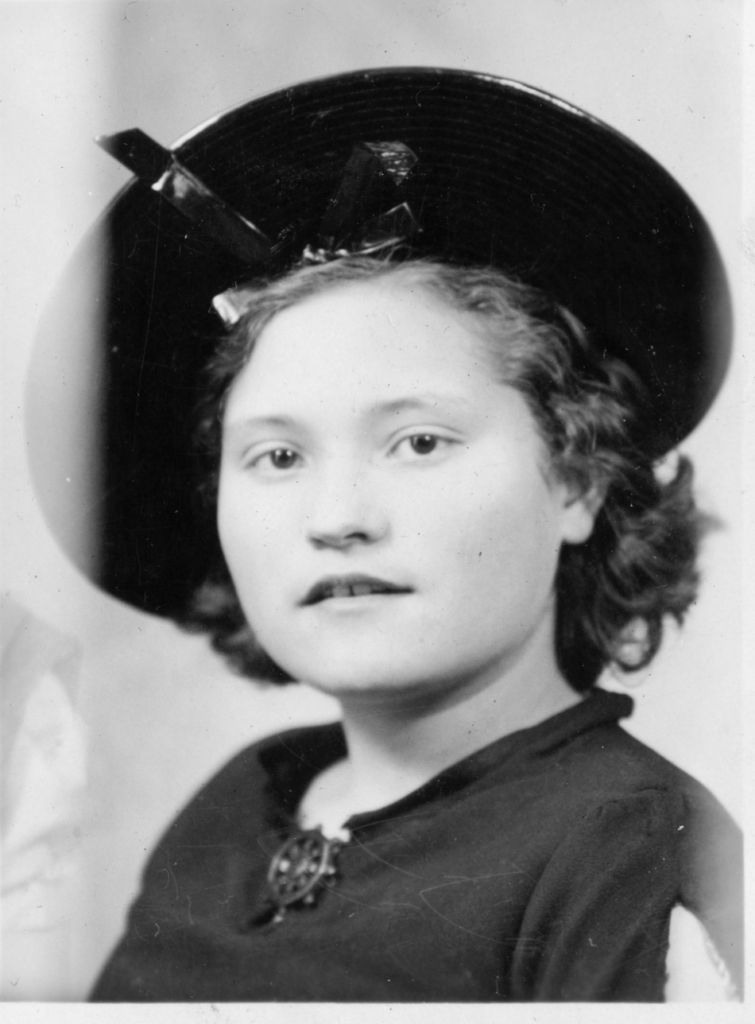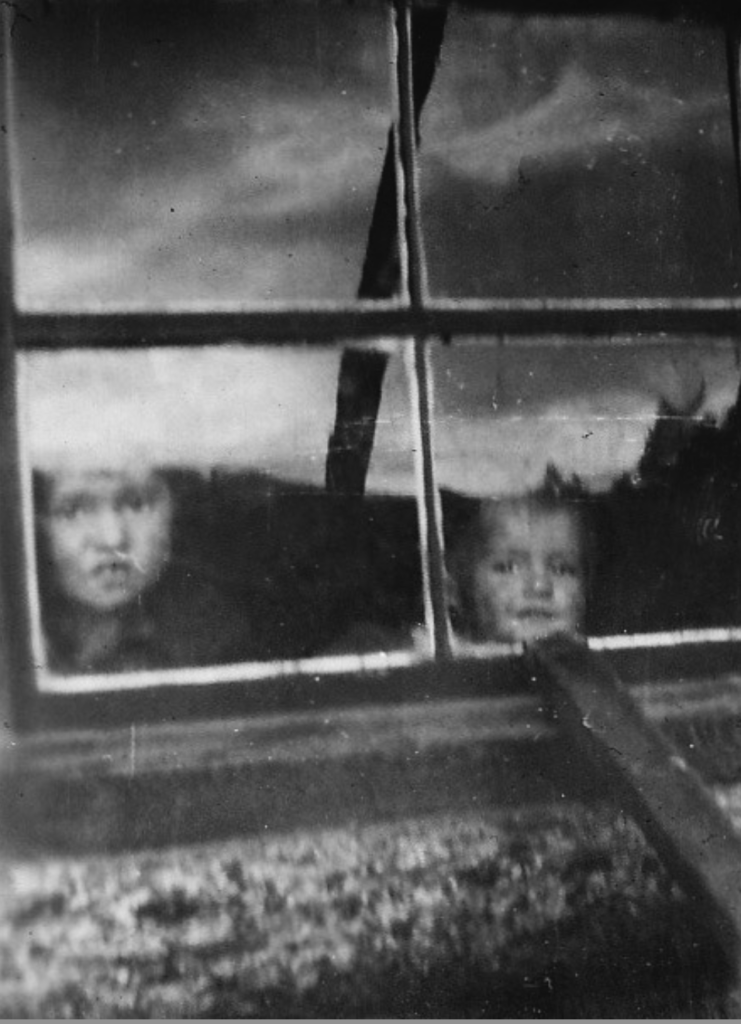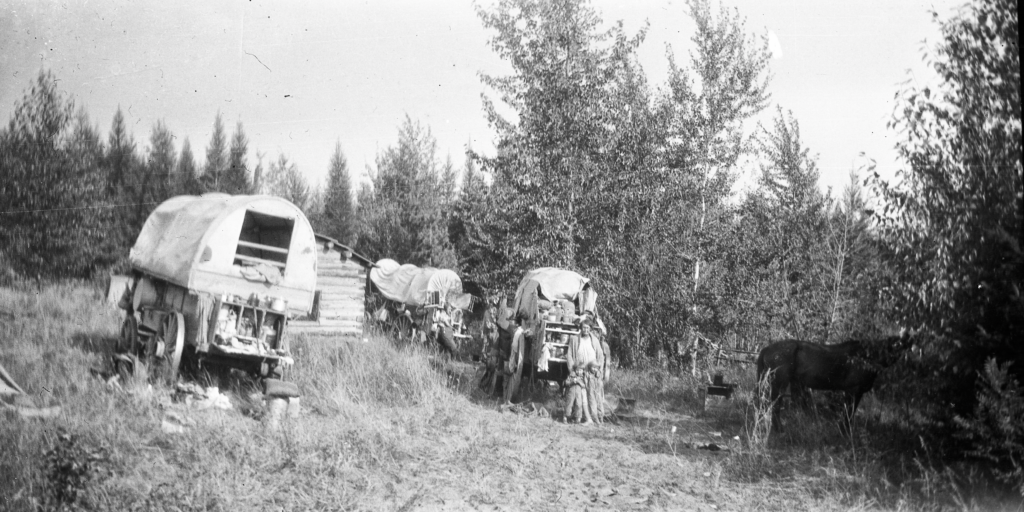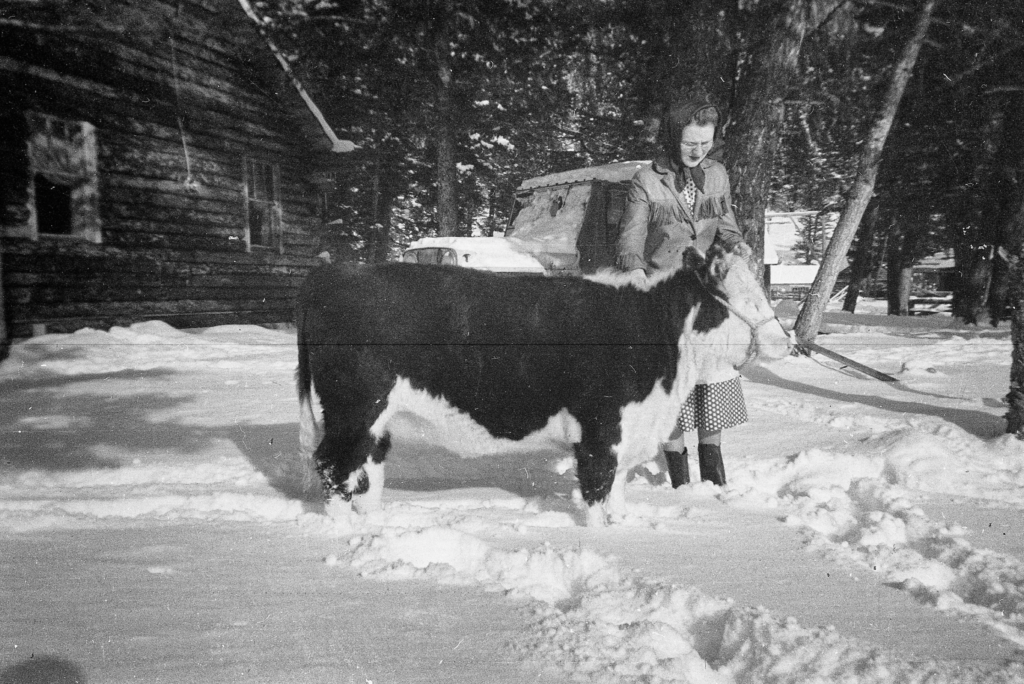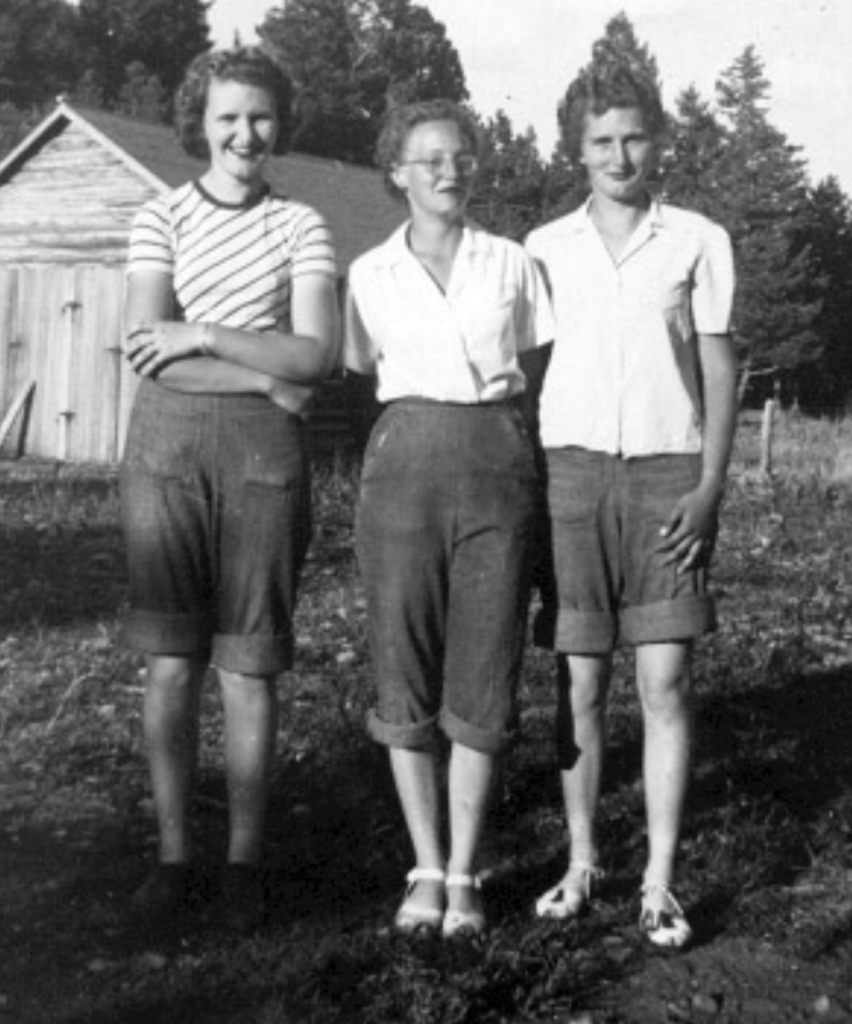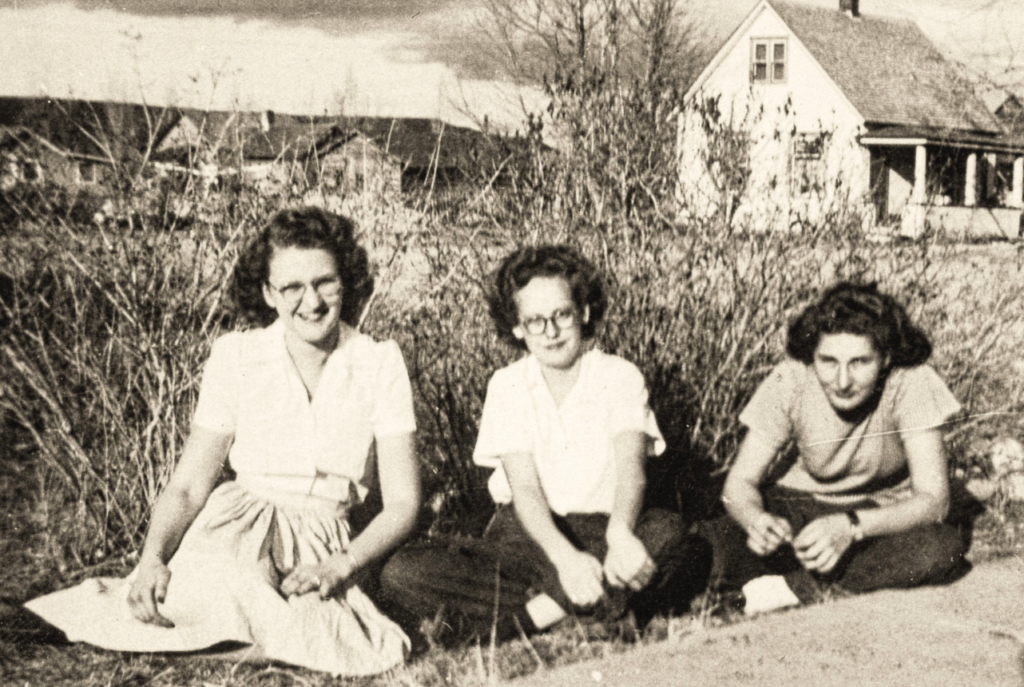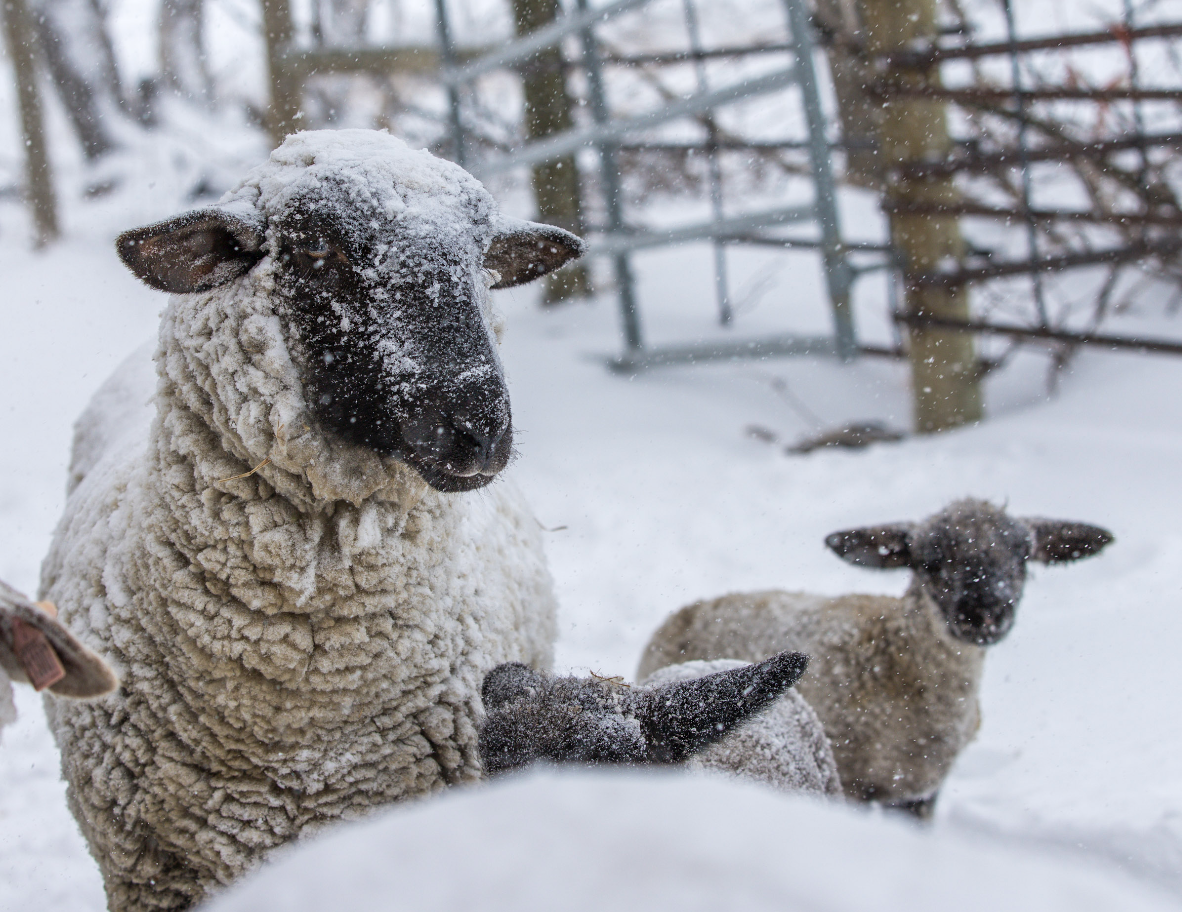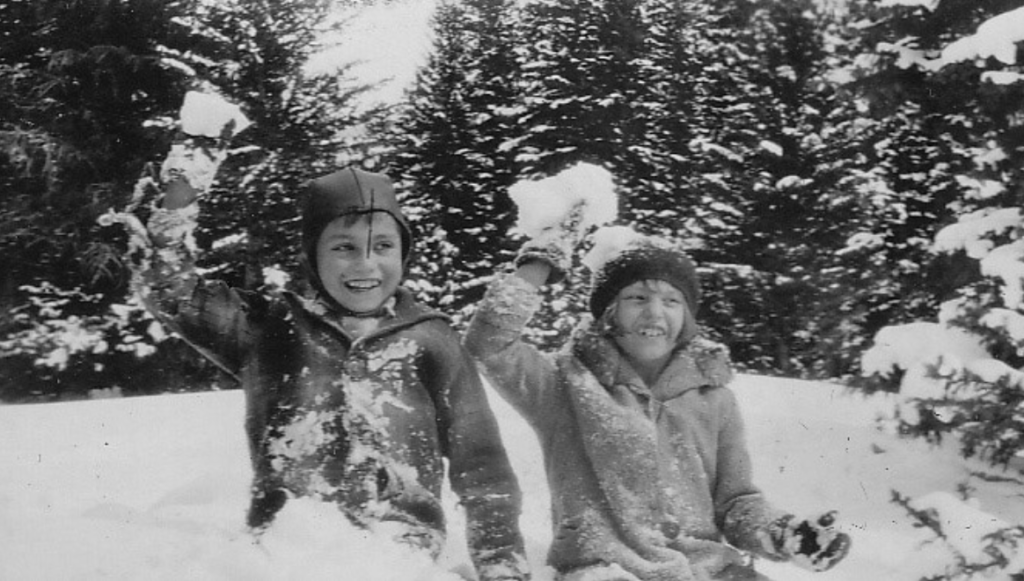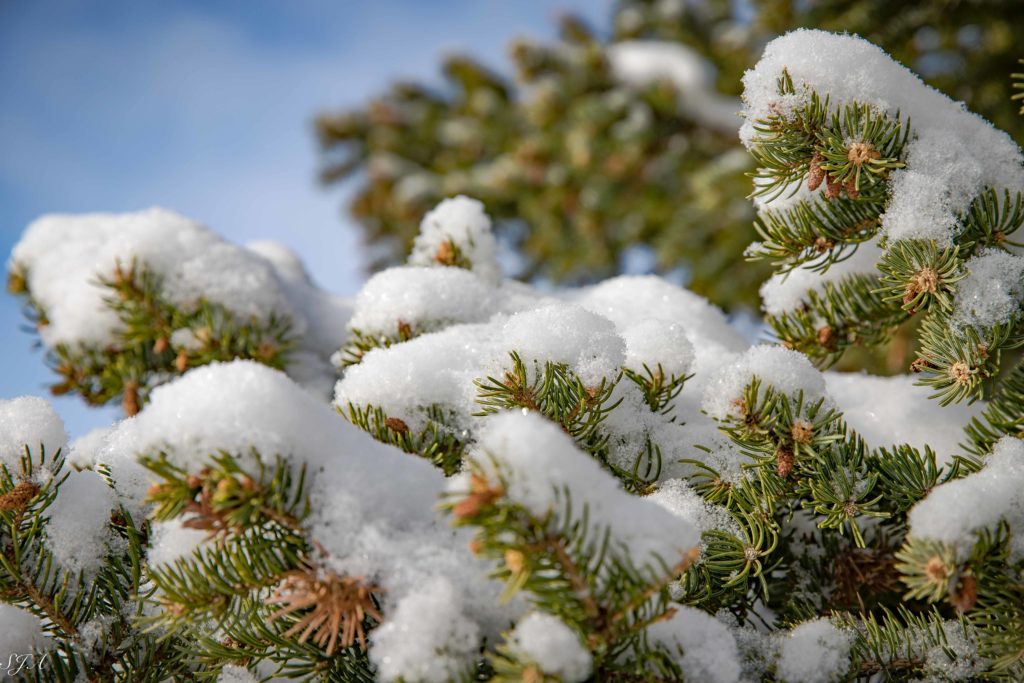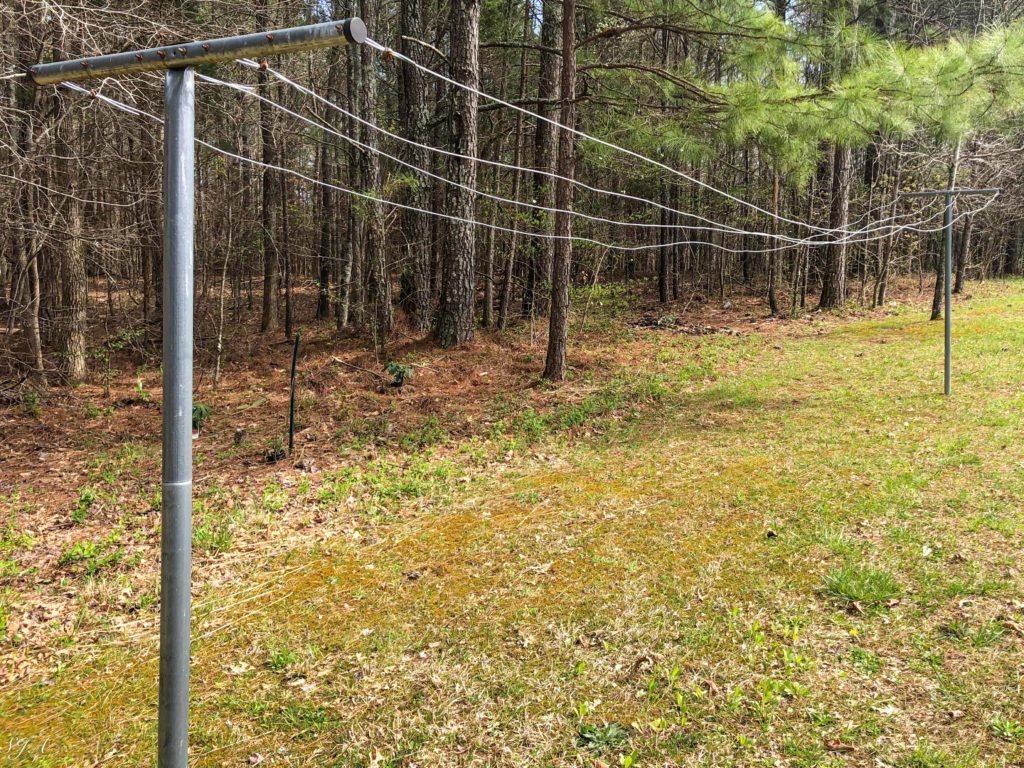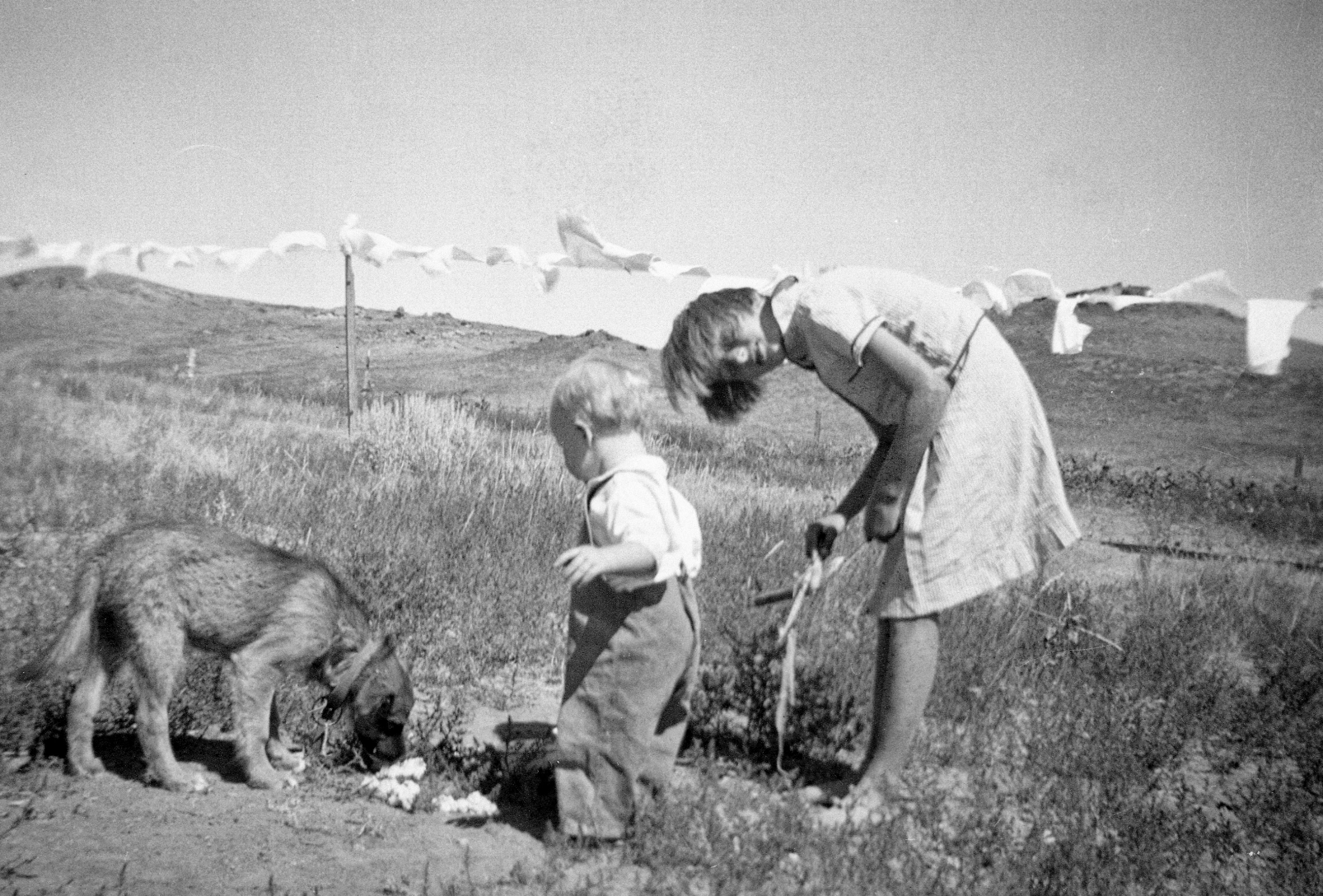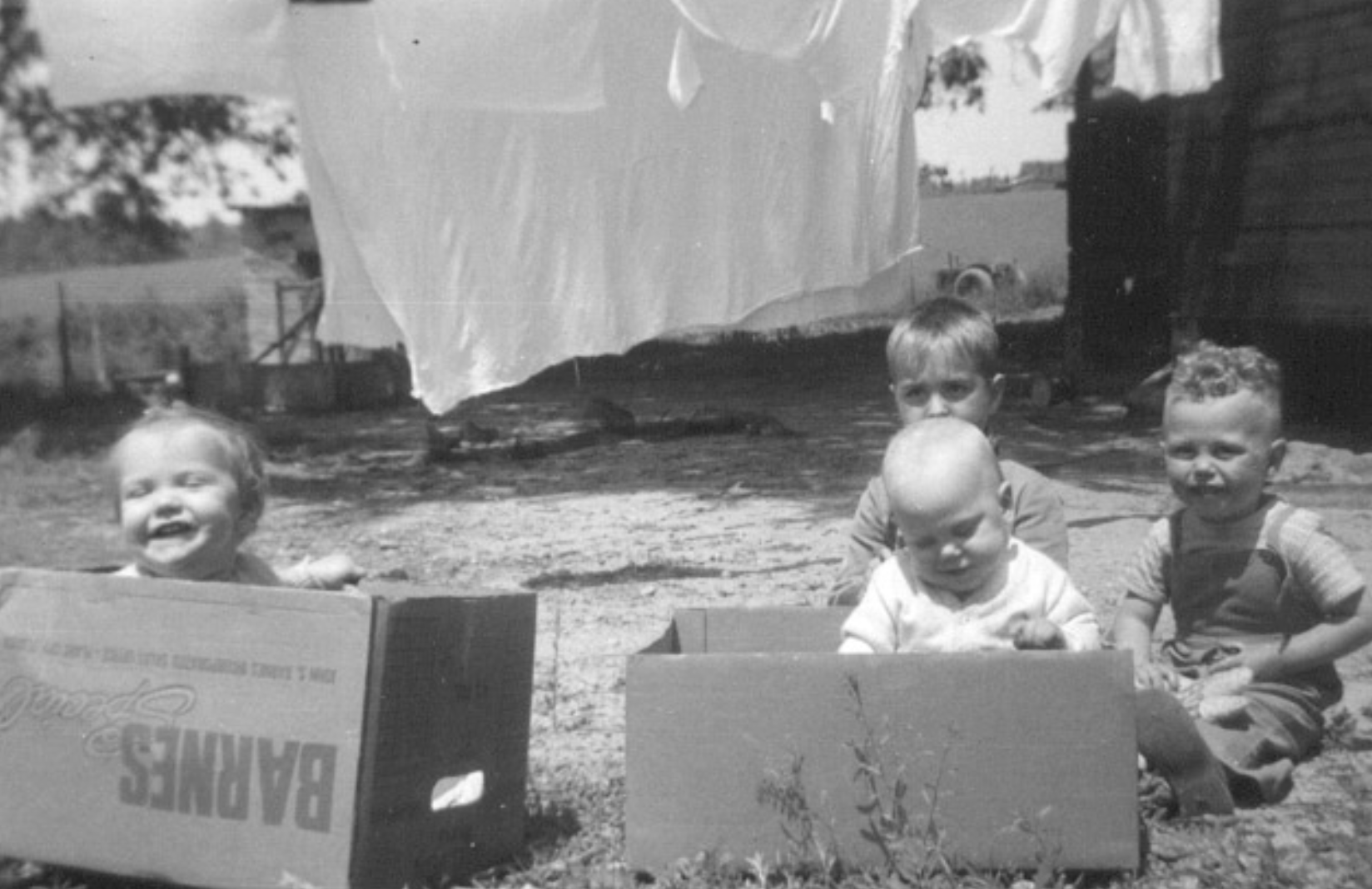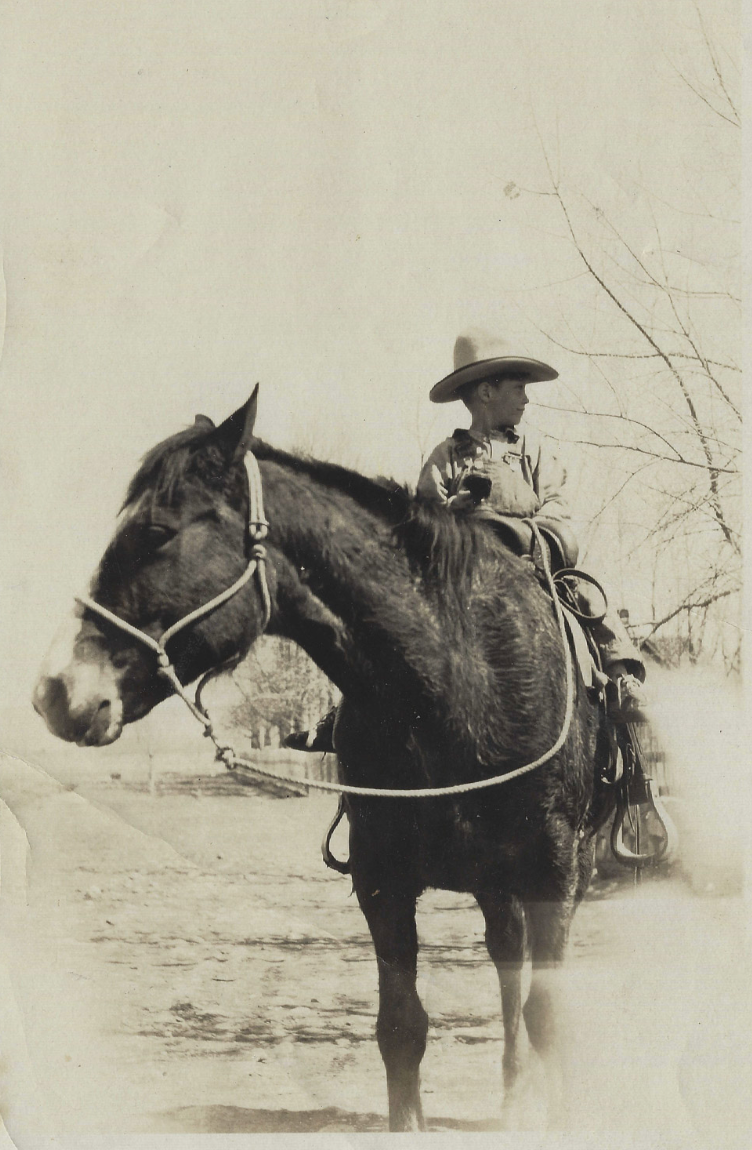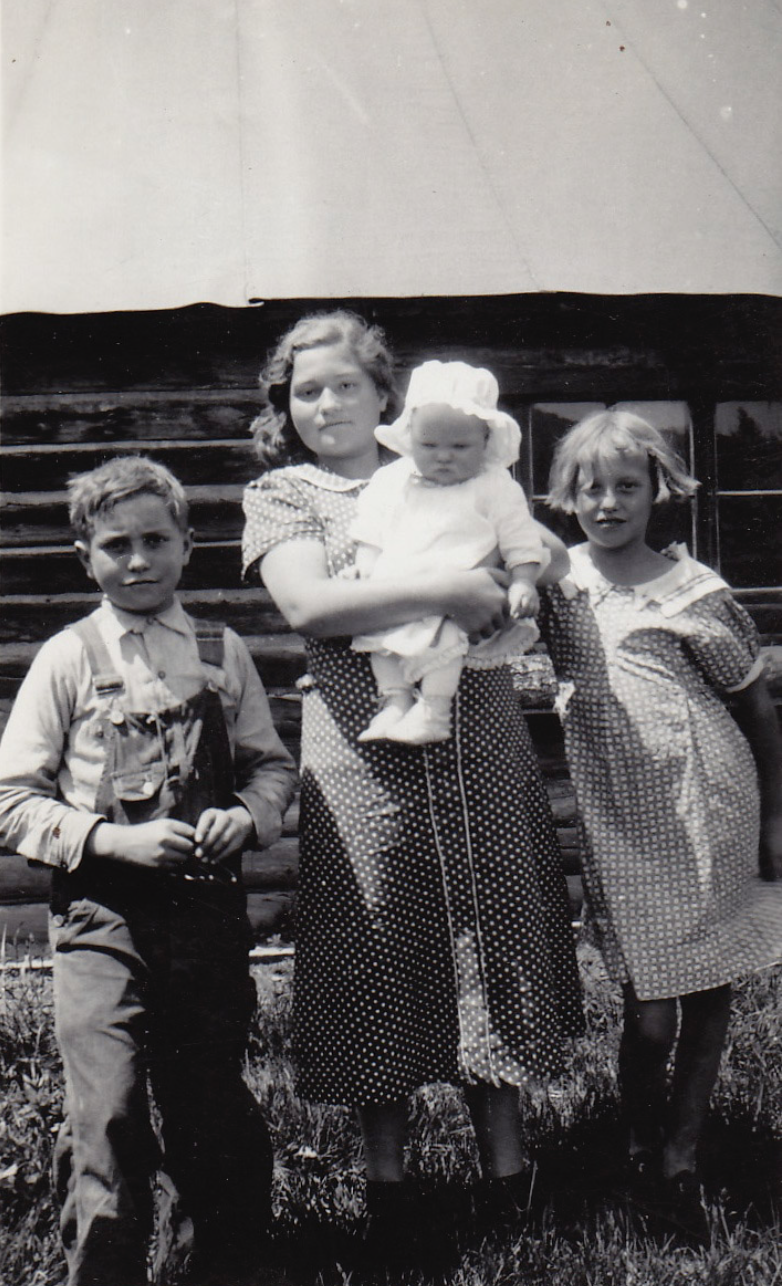Rummaging through an old bookshelf, I found a tattered and torn book hidden away. A cloud of dust burst into the air as I picked up the book and wiped the jacket to reveal the title, “Prairie Rose.” Slowly, I opened the book. On the first page was the photo of a small girl and just beneath it was a picture of a mother with six children. Who was this little girl who grew into a woman? Would I like the girl, the teenager, the woman, whose stories rested between the pages?
As I began to read, it felt as if I was bound by a vortex of time that passed through the years of this girl’s life. The first scene that came into view was a cabin on the prairie in which a baby girl had just been born on a warm summer evening as green hail clouds cast balls of ice downward and the winds blew against the house. Even as a small child she held a fierce determination that could not easily be swayed. It wasn’t long before another girl joined the family. The two became fast friends and were inseparable. They were like prairie tumbleweeds, not staying in one place for long. One of the great joys of the youngsters was seeing a circus for the first time.
The hands of time reached out and pulled back the flap of a covered wagon. Two little girls peered out from the bed of the wagon in awe of everything they saw as the family traveled from Montana to Idaho to escape the drought. In just a few short years, the family made the trek back to Montana. From time to time as the pages turned, I stopped to ponder the stage set before my eyes. It was hard to imagine the mother in the photo ever being a child or a teenager, much less a wife and mother.
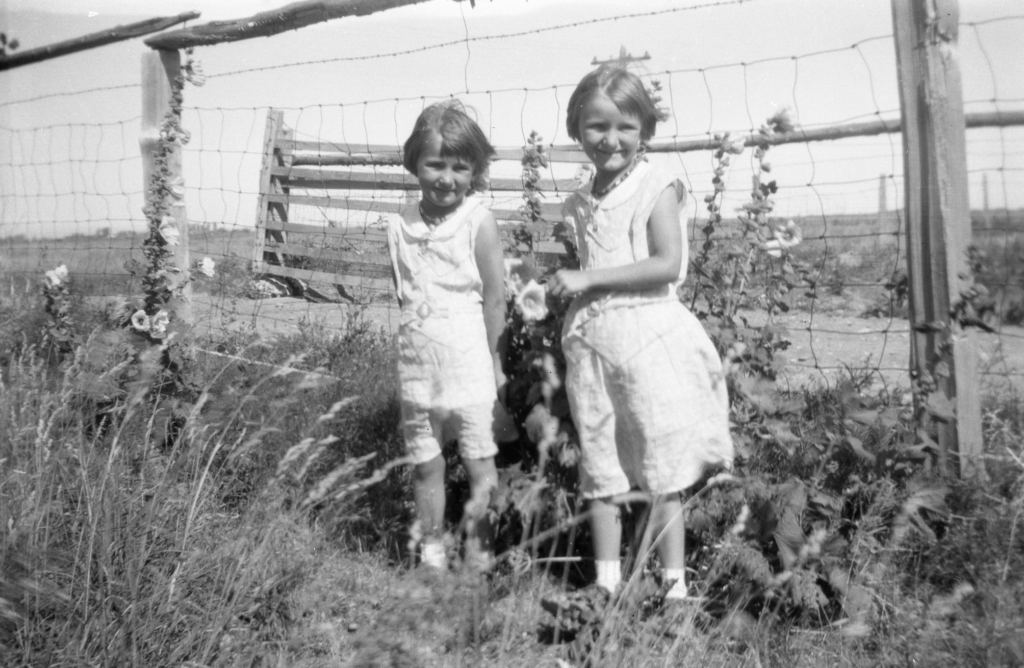
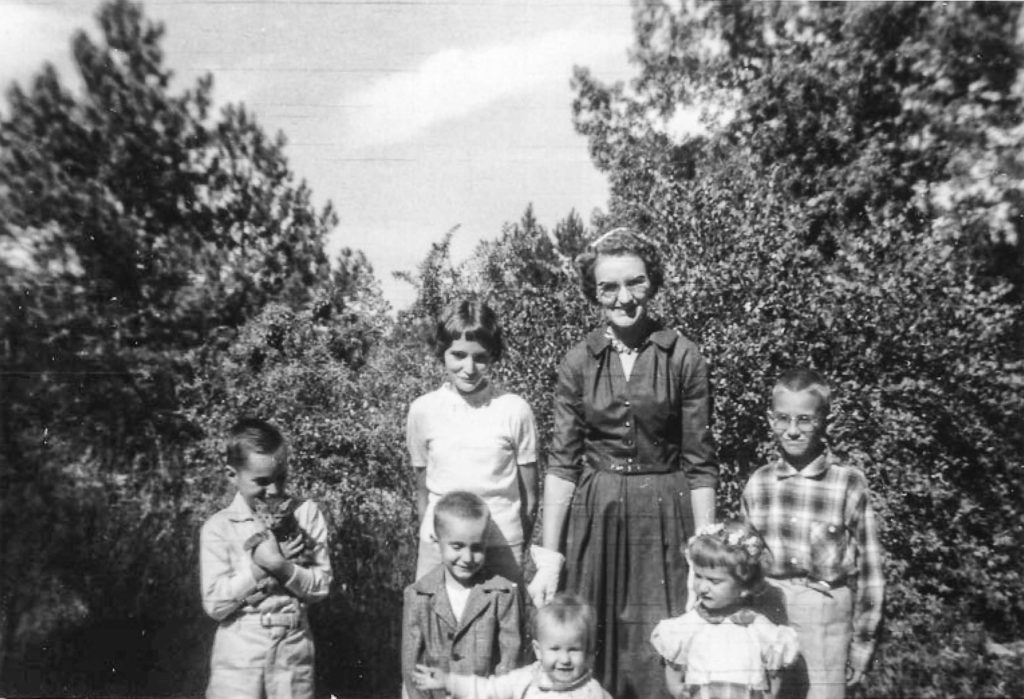
A soft wind tugged at the leaves of the book. New scenes flashed before me as time slowly moved forward. The family moved again, and a son joined the family. It was then I saw the
small figure of a little girl walking to school alone bundled against the cold. The winter wind taunted her and pelted her with blowing snow. The neighbors rescued her from the storm and kept her safe until her dad came and scooped her up in his arms.
Time picked up speed as the girl transformed into a teenager and became a young lady in love. A new chapter emerged. Within the moments, hours, days and years spoken of within the sheets of paper, the girl became the woman, wife, and mother seen in the picture. She was studious with a strong sense of righteousness. She stood up for those ridiculed by others. Her work ethics were commendable, her friendships unbreakable. This woman sacrificed to support her husband and children. Time and again, just like the prairie tumbleweed, she rolled on to another place.
“Prairie Rose” was calm as a warm sunny day, cold as the blowing snow, fresh and pretty as a prairie flower, sharp as a prickly pear, fierce as the heavy green storm clouds, determined as the blazing sun, curious as the rabbits that watched from the tall spring grass, relentless as the sticky gumbo that bogged down the tires of the cars and soles of her shoes. Yes, she was all those things, the prairie grass in the gently breeze, the cracked parched earth thirsting for a drink of water, the deep blue sky, and dark moving shadows of fluffy white clouds.
I turned the last page to the final words.
“The End. Love, Mom.”
No, that wasn’t right, that wasn’t the end!
I gently placed the book back on the shelf. The edges were still frayed, but inside I had found new, fresh stories, and treasures this lady left behind. I saw her now through different eyes. As I caressed the cover one more time, I turned with a tear and a smile. Yes, I had found more within the pages of her life, for I found a friend.
Through those years, she forged lasting friendships and strengthened the bonds of family. How could my heart not be drawn to this prairie school teacher who could ride a horse bareback across the prairie blown by the wind; who stood fearless to sweep rattlesnakes from the porch; who could calm a crying baby; who could sing a song and whistle a tune; who had spunk; who was not shaped by status; who was a perfectionist, yet never felt good enough, smart enough, or pretty enough; who was a prairie tumbleweed? Yes, I could like a girl like that, but would she have liked me?
